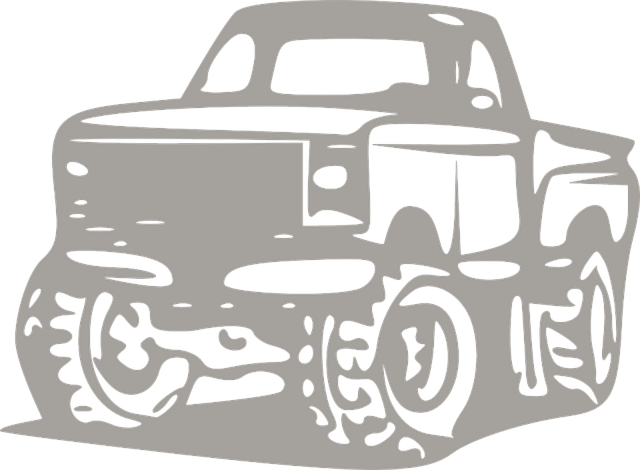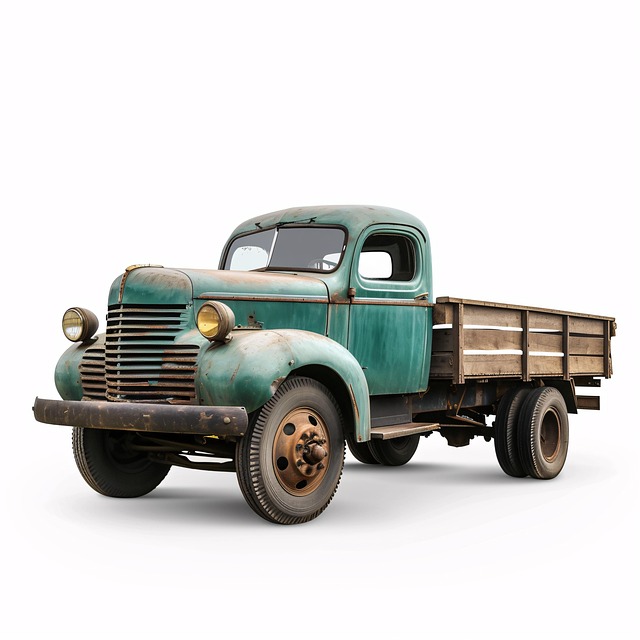Clutches are essential for smooth driving, enabling gear changes and engine-transmission connection control. Brownsville's overland 4×4 experts differentiate between manual and automatic clutches, advising on their ideal use cases. They offer critical tips for clutch upgrades, maintenance, and repairs, emphasizing the importance of expert help for complex issues. Regular inspections and proper fluid usage are key to prolonging clutch life, enhancing both off-road adventures and everyday driving experiences.
“Unleash your vehicle’s potential with a seamless transmission system – the clutch. This comprehensive guide, tailored by Brownsville’s overland 4×4 suspension experts, demystifies the clutch for every driver. From understanding the basics to navigating manual vs automatic clutches, we break down how these mechanisms work in step-by-step detail. Learn expert tips on choosing the right clutch kit and identify common issues that may require professional attention. Ensure your clutch’s longevity with essential maintenance advice.”
- Understanding Clutches: The Basics for Every Driver
- Types of Clutches: Manual vs Automatic Explained
- How Clutches Work: A Step-by-Step Guide
- Choosing the Right Clutch Kit: Tips from Experts
- Common Clutch Issues and When to Seek Professional Help
- Maintenance and Longevity: Ensuring Your Clutch Lasts
Understanding Clutches: The Basics for Every Driver

Clutches are an essential component in a vehicle’s transmission system, allowing for smooth gear changes and control while driving. For every driver, understanding how clutches work is crucial, especially when navigating challenging terrain or considering upgrades like those offered by Brownsville’s overland 4×4 suspension specialists.
When you press the clutch pedal, it disengages the engine from the transmission, enabling you to shift gears without straining the drivetrain. This simple yet vital function ensures a seamless driving experience. By following tips from brownsville’s overland 4×4 suspension specialists, drivers can optimize their clutch performance, enhancing control during off-road adventures or even everyday city driving.
Types of Clutches: Manual vs Automatic Explained

When it comes to clutch types, there are two primary options: manual and automatic. Manual clutches, a staple in many classic cars, require the driver’s physical engagement. This involves manually operating the clutch pedal with your left foot while shifting gears using the right hand on the gear stick. It offers drivers a more direct connection to their vehicle and is often preferred by enthusiasts for its tactile feedback and control. On the other hand, automatic clutches are designed for ease of use. They employ an electronic system that automatically manages gear changes, eliminating the need for manual operation. This makes driving smoother and less fatiguing, especially in traffic-congested areas – tips from Brownsville’s overland 4×4 suspension specialists.
Both have their advantages and disadvantages. Manual clutches provide better control during off-road adventures or sporty driving, while automatics excel in everyday city driving for their convenience. Understanding these distinctions can help drivers make an informed choice that aligns with their driving style and needs, ultimately enhancing their overall experience on the road.
How Clutches Work: A Step-by-Step Guide

Clutches work by transferring power from your engine to the transmission, allowing for smooth gear changes. Here’s how they do it, as explained by Brooklyn’s trusted overland 4×4 suspension experts:
1. Engagement: When you press the clutch pedal, a lever inside the clutch assembly disengages the clutch disc, which is sandwiched between the engine flywheel and the transmission input shaft. This breaks the connection between the two, allowing independent rotation.
2. Gear Selection: With the clutch disengaged, you can select a different gear ratio in your transmission. This is crucial for driving at various speeds and terrains, as it determines how fast or slow your vehicle moves for a given throttle input.
3. Re-engagement: Release the clutch pedal slowly. The clutch disc reengages, reconnecting the engine to the transmission. This happens gradually, allowing you to smoothly accelerate without stalling. Tips from Brownsvile’s overland 4×4 specialists emphasize the importance of smooth and controlled clutch engagement for optimal performance and driver control.
Choosing the Right Clutch Kit: Tips from Experts

When it comes to enhancing your vehicle’s performance, especially for off-road adventures, upgrading to a clutch kit is a significant step. The right choice can transform your driving experience and ensure optimal control during tough terrain navigation. As seasoned experts from Brownsville’s overland 4×4 suspension specialists would advise, selecting the ideal clutch kit involves considering several factors.
First, understand your vehicle’s make and model. Different cars have varying transmission types and specifications, so a clutch kit that fits seamlessly is crucial. The specialists recommend researching compatible options specific to your vehicle, ensuring a direct drop-in or minimal modification installation. Additionally, they suggest evaluating the clutch’s capacity to handle your desired towing or payload, as well as the expected torque output, for a smooth and responsive driving experience.
Common Clutch Issues and When to Seek Professional Help

Clutches, a vital component in vehicles, can often present issues that require attention. Common problems include a slip or lag in the clutch engagement, strange noises during gear changes, and a feeling of slippage while driving. These issues may be caused by worn-out clutch components, fluid contamination, or improper maintenance. When addressing these problems, DIY enthusiasts might find some solutions through basic troubleshooting and repair guides. However, for more complex cases, it’s advisable to seek the expertise of Brownsville’s overland 4×4 suspension specialists.
Professional help is recommended when symptoms persist despite initial attempts at repair, or if the clutch involves advanced systems like performance modifications. These specialists have the tools and knowledge to diagnose intricate clutch problems accurately. They can also perform essential services such as clutch replacement, hydraulic system checks, and fine-tuning, ensuring your vehicle’s smooth operation on any terrain. Tips from these experts can be invaluable in maintaining your clutch health and enhancing overall driving experience.
Maintenance and Longevity: Ensuring Your Clutch Lasts

Proper maintenance is key to ensuring your clutch lasts as long as possible, and no one knows this better than the experts at Brownsville’s overland 4×4 suspension specialists. Regular check-ups are crucial; inspect your clutch for any signs of wear or damage, especially after extreme off-road conditions. Keeping an eye on the condition of your clutch discs, pressure plates, and release bearings is essential, as these components directly impact the performance and longevity of your clutch system.
Simple yet effective tips from the specialists include using high-quality clutch fluids, adhering to manufacturer recommendations for fluid changes, and avoiding sudden or aggressive driving that can put excessive strain on the clutch. Additionally, maintaining proper vehicle alignment and ensuring your drivetrain is in top condition can significantly contribute to the overall health of your clutch, guaranteeing years of reliable performance both on and off the road.
Clutches are an integral part of any vehicle’s drivetrain, enabling smooth gear changes and controlled acceleration. By understanding the different types, their inner workings, and the importance of proper maintenance, drivers can ensure their vehicles perform optimally. For those in Brownsville seeking expert advice on clutch kits or facing common issues, Brownsville’s overland 4×4 suspension specialists offer valuable insights to help extend the lifespan of this crucial component.



